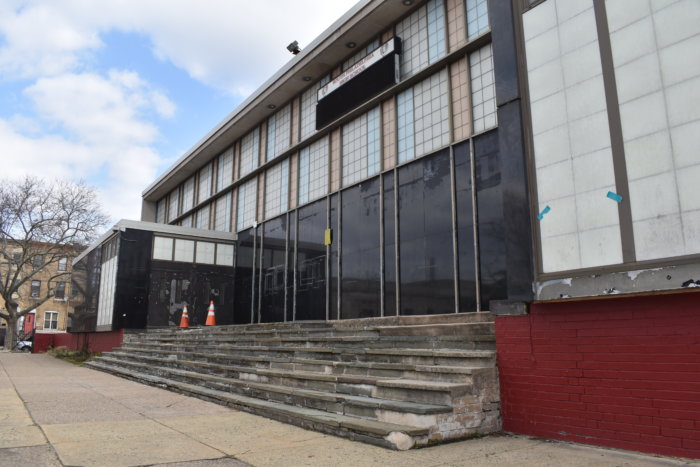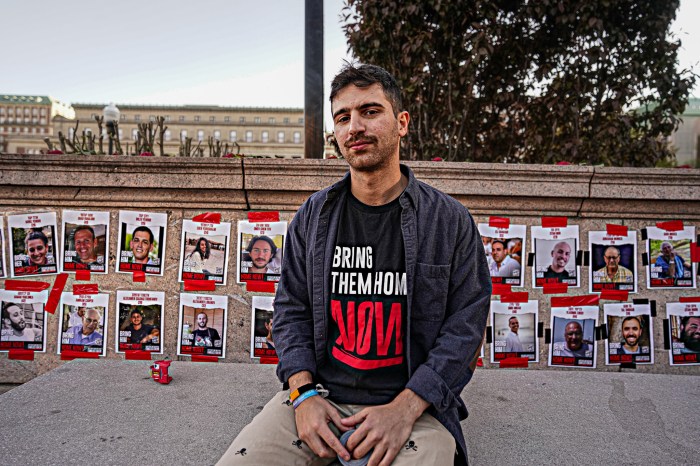 Matthew Glandorf’s concert will kick off the Bach Festival. (PHOTO CREDIT: Alexander Iziliaev)
Matthew Glandorf’s concert will kick off the Bach Festival. (PHOTO CREDIT: Alexander Iziliaev)
When Matthew Glandorf sits down at the pipe organ at St. Mark’s Episcopal Church on Sunday to open this year’s Bach Festival of Philadelphia, he won’t be reaching back to the 18th century for his material. In fact, what he plays won’t have been composed until the moment he begins to play.
“I’m starting with an improvisation concert that will encompass three different centuries of style,” says Glandorf, artistic director for the festival and for Choral Arts Philadelphia, who will perform in the styles of Bach’s forebears, the composer himself, and in a more contemporary vein. “It’s almost like channeling to emulate the various styles.”
Glandorf’s performance, “Bach and the Art of Improvisation,” may run counter to people’s expectations from a classical music festival, but it would seem very familiar to the honoree himself. “Bach was a renowned improviser,” Glandorf says, “hailed not only by his colleagues but by people like Frederick the Great who were amazed by his abilities. It’s a skill that was required of professional musicians, especially organists, in the 17th and 18th century.”
The remainder of the festival’s 37th season focuses on several different aspects of Bach’s music, culminating in his magnum opus, the Mass in B-Minor, featuring Choral Arts Philadelphia and the Philadelphia Bach Collegium. Next Saturday, the four principal players of the Collegium will perform an afternoon of chamber music, and Piffaro, the Renaissance Band will present a program of Bach works based on familiar tunes and chorales from the late 15th to the early 18th century, performed on period instruments.
“A modern orchestra is very smooth and has a round, voluptuous sound,” says Glandorf. “Early instruments are a little bit more dynamic, a little more exciting, have more of an edge to the sound.”
Like Glandorf’s era-spanning improvisations, such performances offer a bridge between past and present that he says is always found in Bach’s music. “Bach is of the 18th century, but his music steps out of that century and is universal in its expression. I liken it to Shakespeare, where there are these universal themes that speak to every generation. That’s one of the reasons why Bach’s music continues to capture the imagination.”
Bach Festival of Philadelphia 2013
April 28-May 5
$10-$50, 267-240-2586
www.choralarts.com/bachfestival




























